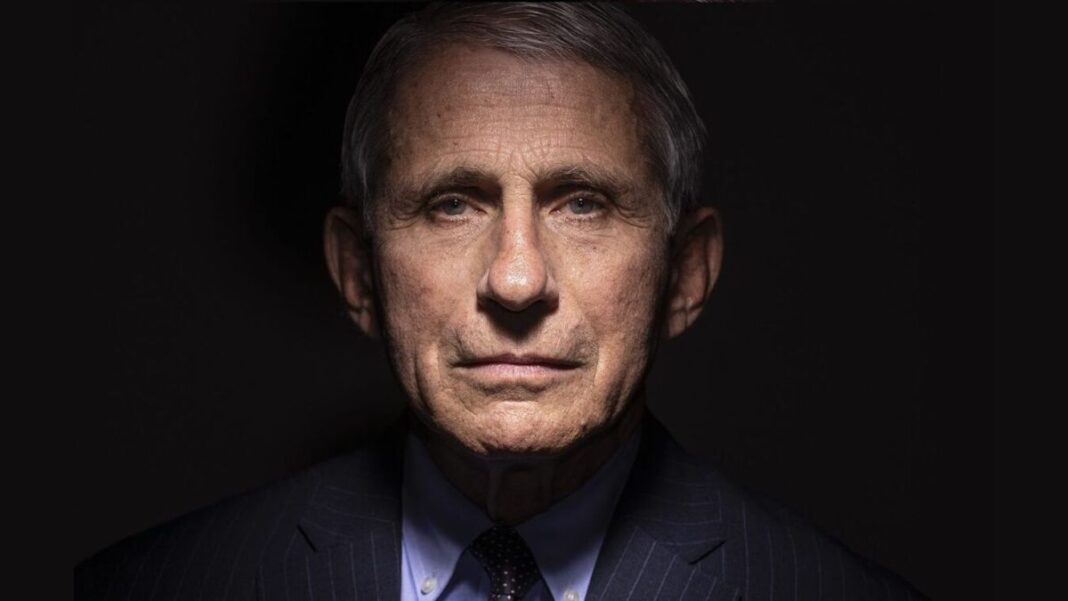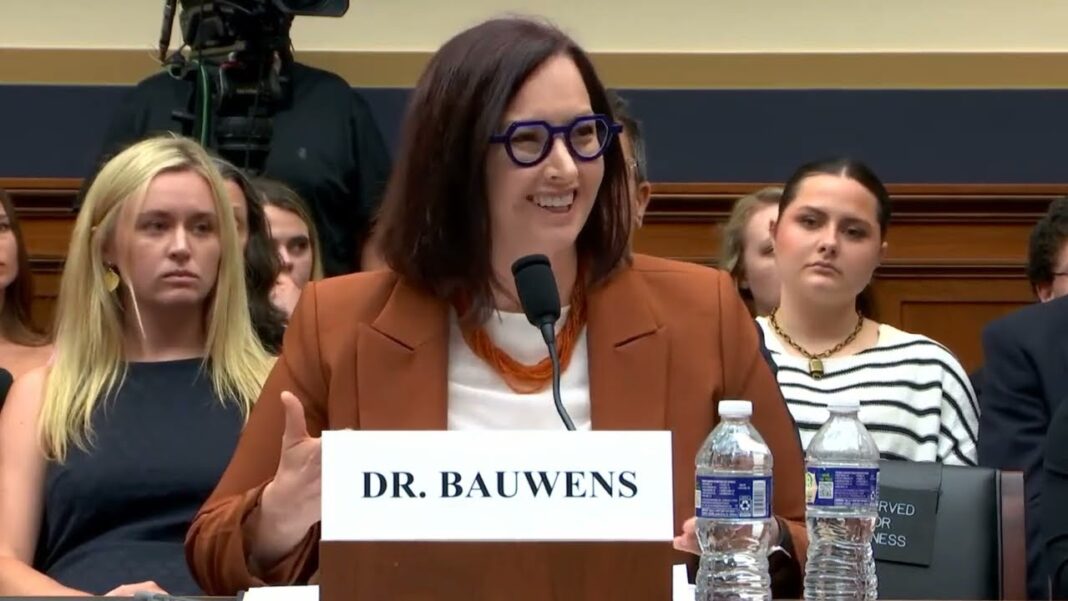America’s top infectious diseases adviser, Anthony Fauci, deliberately decided to downplay suspicions from scientists that Covid-19 came from a laboratory to protect his reputation and deflect from the risky coronavirus research his agency had funded, according to his boss, one of the most senior US health officials during the pandemic.
In an exclusive interview, Robert Kadlec – former assistant secretary for preparedness and response at the US Department of Health – told The Weekend Australian that he, Dr Fauci and National Institutes of Health director Francis Collins privately discussed how to “turn down the temperature” on accusations against China in the early days of the pandemic while they were trying to encourage Beijing to co-operate and share a sample of the virus.
But the senior US health official – who worked for George W. Bush and Donald Trump and went on to lead American efforts to develop a Covid-19 vaccine – said Dr Fauci mostly kept his knowledge of virologists’ concerns about a lab leak from Wuhan to himself.
The Weekend Australian revealed in 2021 that the National Institutes of Health and other US agencies funded 65 scientific projects at the Wuhan Institute of Virology over the past decade, many involving risky research on bat coronaviruses.
‘Vaccine research was the proximate cause’
Dr Kadlec’s comments give the closest insight to date on how Dr Fauci – who led coronavirus policy for two presidents and influenced the worldwide approach to the pandemic – handled the link between Covid-19 and China. They came as US congressional investigations in the past month revealed how scientists worked to silence concerns about a lab leak.
“I think Tony Fauci was trying to protect his institution and his own reputation from the possibility that his agency was funding the Wuhan Institute of Virology researchers who, beyond the scope of the grants received from the National Institutes of Health, may have been working with People’s Liberation Army researchers on defensive coronavirus vaccines,” Dr Kadlec said.
“I think it’s evident from his later released emails (obtained via Freedom of Information requests) that he had more sense of what his institute had funded at that moment. This was a reputational risk to him and his institute and certainly he probably sided with the international scientists that believed that false or unsubstantiated accusations could have a chilling effect on scientific collaboration between the western world and China.”







